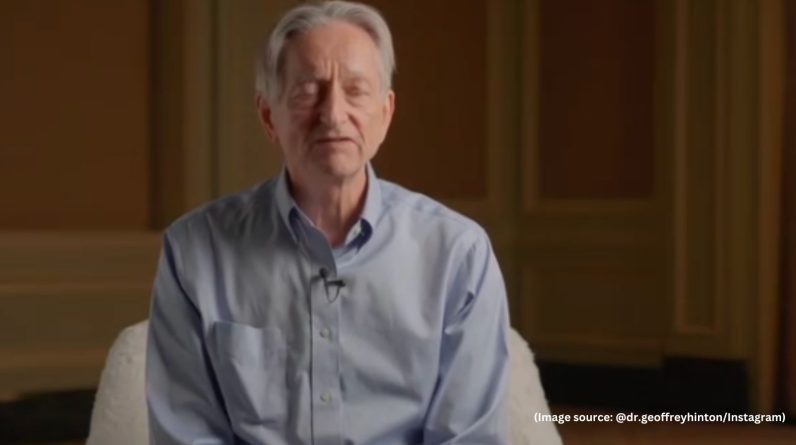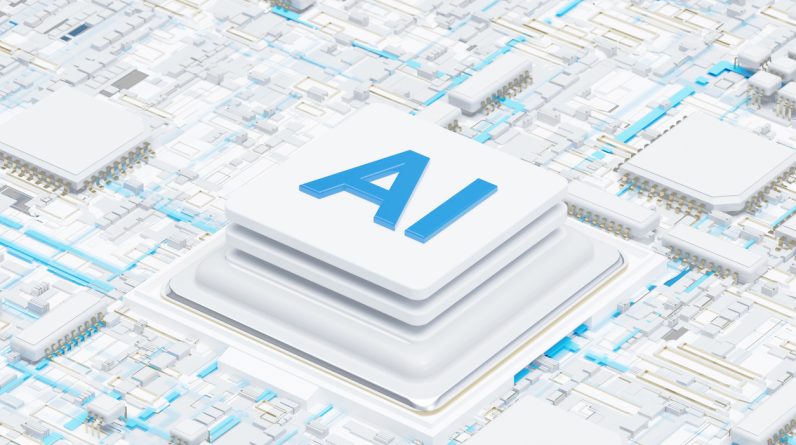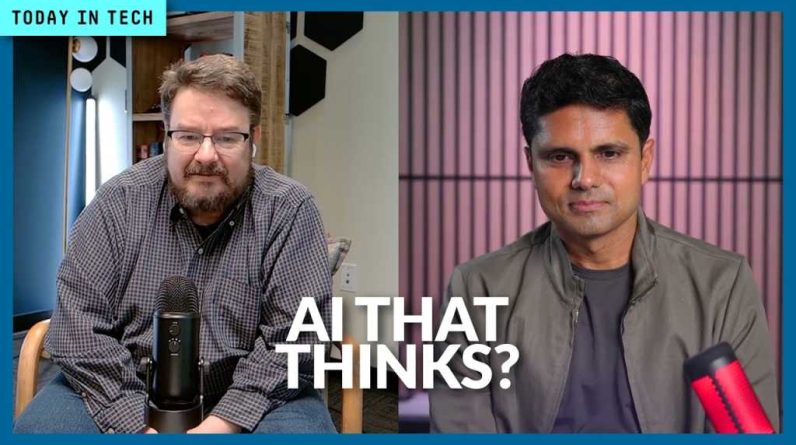
Geoffrey Hinton, also known as the “Godfather of AI,” has recently discussed the integration of artificial intelligence (AI) in various industries. Popular for his groundbreaking work in neural networks in the late 1970s, Hinton is now a professor emeritus in computer science at the University of Toronto. In 2024, he bagged the Nobel Prize in Physics for his work on machine learning.
In a recent interview on the podcast Diary of a CEO, Hinton warned that AI could soon replace a significant portion of white-collar workers, and they should brace themselves for “mass joblessness.”
“I think for mundane intellectual labour, AI is just going to replace everybody,” Hinton said, referring to routine, white-collar tasks that require cognitive effort but less creativity. He explained that instead of a team of ten, one person working with an AI assistant could handle the same workload.
Story continues below this ad
To elucidate his point, Hinton highlighted paralegals as one profession already at risk. He also issued a stark warning for those in customer service. “I’d be terrified if I had a job as a call center operator,” he said, citing the rapid automation of those roles.
While white-collar work may be at immediate risk, Hinton suggested that blue-collar jobs involving manual labour are safer, for now. “I’d say it’s going to be a long time before it (AI) is as good at physical manipulation. So, a good bet would be to be a plumber,” he said.
Hinton also argued against the belief that AI will simply create new jobs to replace the ones it eliminates. He argued that the automation of intellectual tasks could leave few meaningful roles for humans.
“You’d have to be very skilled to have a job that it (AI) just couldn’t do,” Hinton said. He further emphasised that widespread displacement is not a distant possibility, and it is already happening. AI systems are increasingly taking on entry-level tasks that were once considered stepping stones for freshers.
Story continues below this ad
While Hinton acknowledged that in some cases AI will assist rather than replace workers, he pointed out that this shift will still lead to significant job losses. “That means one person will do what used to be the work of 10 people,” he said, hinting that this could result in widespread layoffs across various sectors.
However, he did see some exceptions. Industries like healthcare may be better equipped to adopt these changes, as the demand for services remains high.






